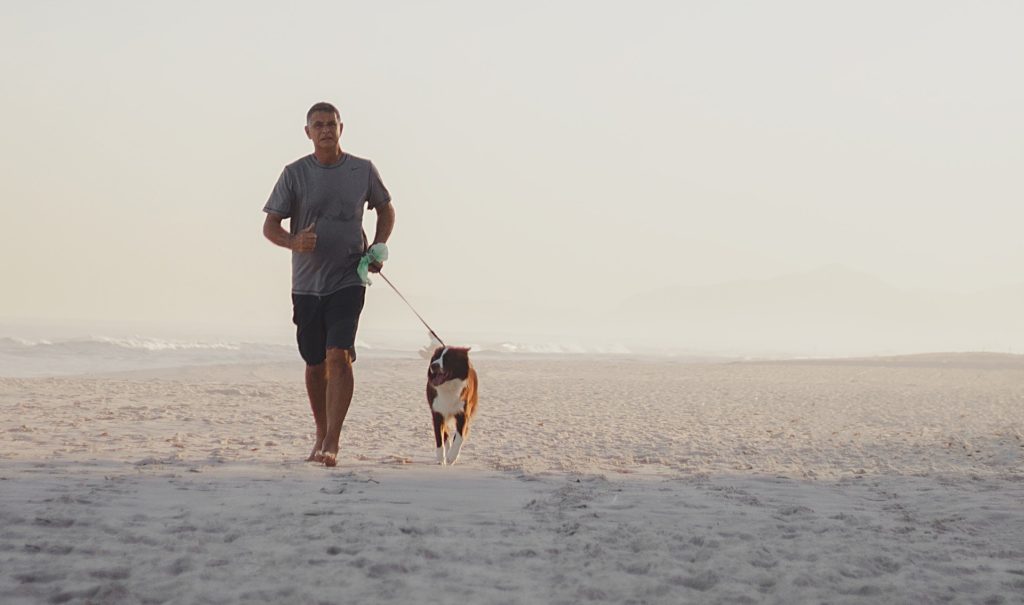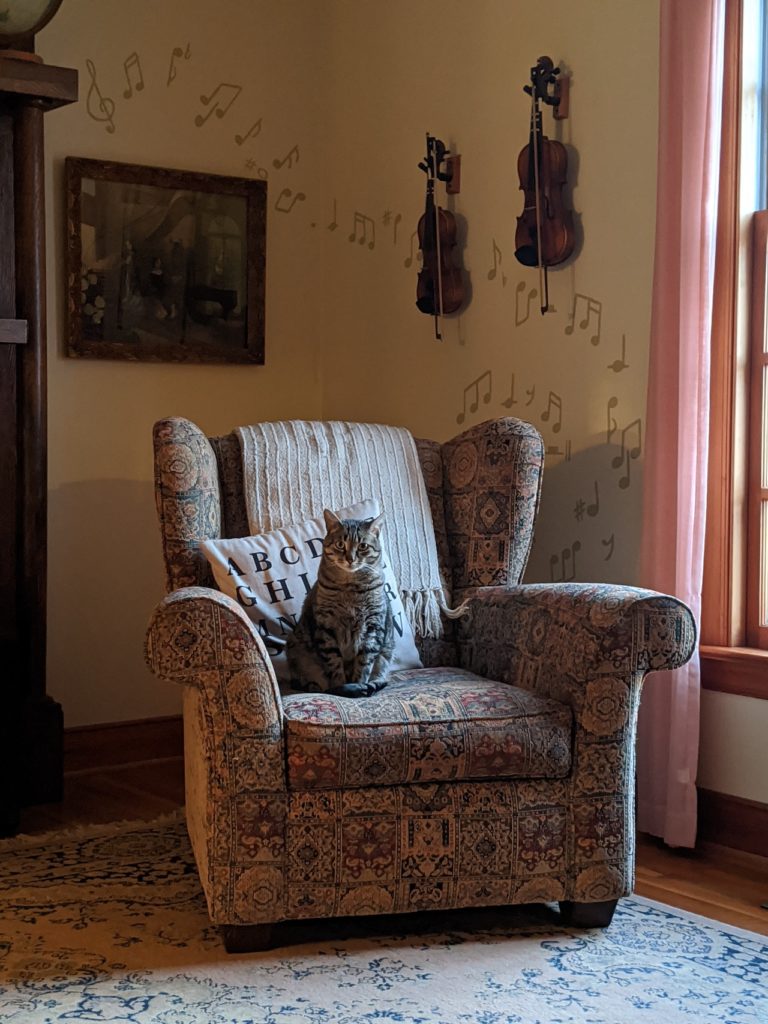
We love our pets! They rely on us to take care of them and in turn give us companionship and love. But what happens if you die and there is no one there for them?
Non-Legal Arrangements
Most people make verbal arrangements with friends or relatives to care for their pet after they die. These are not legally binding and those who agreed to take your pet may be unwilling or unable to step up when the time comes.
If you don’t have legal plans in place and something happens to you, your pet could end up in a shelter or with people you may not want – or people that should not have – your pet. A legal agreement or document is the only way to protect your pet after your death.
Gentreo has affordable pet care plans that will give you peace of mind knowing your pet will be in good hands in the event you cannot care for them yourself.
Include Your Pet in Your Estate Plan
We cannot control a lot of things in life, but we can prepare for the unexpected to relieve the negative effects of some events. As with any estate plan, protecting your pet comes down to being prepared for the unexpected. There are options to protect and care for your pet if you die or cannot provide for it due to incapacitation or travel: A Pet Trust, a Power of Attorney, and a Will are your go-to plans. Let’s check out each one:
What is a Pet Trust?
There is a common belief that we will outlive our pets. Unfortunately, this is not always the case. That’s why you need a plan of action.
A Pet Trust is a great option. It’s similar to a Trust that holds assets of your choice that transfer to a beneficiary when you pass away. The Pet Trust is tailored for your pet’s needs.
You never know when a crisis will strike. If you die or become disabled, the Pet Trust kicks in and spells out your instructions and wishes for the care of your beloved pet.
You can set aside funds in the Pet Trust to pay for the care of your pet, such as grooming, veterinary care, and food. Name a Caregiver who will take possession of your pet upon your death or incapacitation to provide day-to-day care. The Caregiver can draw funds from the Pet Trust as needed to pay for the pet’s expenses.
In addition to the Caregiver, you also appoint a Trustee to manage the Pet Trust and a Trust Protector to oversee everything, ensuring that the use of the funds and your pet’s care are being followed in accordance with your directions.
A Pet Trust allows you to:
- Appoint a Caregiver, Trustee and Protector
- Leave a specific amount of money for the care of your pet during its lifetime
- Outline instructions for care
- Define end-of-life care
- Provide burial/cremation preferences
You know your pet more than anyone else. That’s why a Pet Trust is a must for any pet owner, allowing you to provide specific directions for the continued care and comfort of your beloved pet when you cannot.
What is a Pet Power of Attorney?
If you travel and must leave your pet in someone’s care, or if you become incapacitated, the Pet Power of Attorney provides for the well-being of your pet.
This document gives authority to a person you designate as your pet’s Caregiver to make decisions for your pet’s medical treatments, if needed. The Caregiver should be someone you trust to honor your wishes, and have a good relationship with your pet.

A veterinarian will not treat your pet without your authorization. If you have a Pet Power of Attorney and your pet becomes ill or injured while in the care of your designee, they can approve treatment, care, and expenses on your behalf.
The Pet Power of Attorney allows you to:
- Set spending limits
- Detail medical treatment choices
- Choose the extent and length of the Caregiver’s powers
- Name successor Caregivers if your initial designee is unable to serve
If you have more than one pet, you can specify separate instructions for each. If you do not list a pet on your Pet Power of Attorney, it will not be covered.
The Pet Power of Attorney is in effect while you are alive and terminates when you die. You must have another plan in place to provide care after you pass, such as a Pet Trust. You can also include your pet in your Will.
How Does a Will Protect My Pet?
You have limited choices when it comes to including your pet in your Will.
In the eyes of the law, pets are property. Since they have no legal right to inherit money or assets, you cannot name your pet as a beneficiary in your Will.
You can, however, name a person as a beneficiary that will inherit your pet upon your passing. Or, you can name a caregiver and leave money to that person and request that the funds be used for your pet’s care. However, this is not legally binding and there is no court oversight to make sure this request would be carried out. Alternatively, a Pet Trust will provide this assurance by your appointment of a Trustee and Protector.
You Need a Pet Care Plan
Don’t put off having a plan for your pet’s care. A Pet Trust, a Pet Power of Attorney, or a Will ensures your pet will be taken care of even if you cannot be with them.










